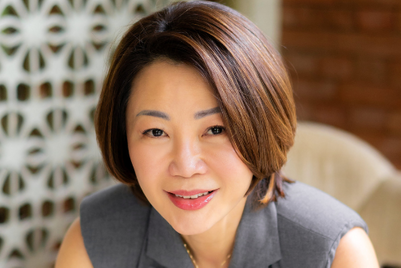
When Cai Xukun (蔡徐坤), the ultra-popular member of China’s idol band Nine Percent, posted his newest song, “Wait Wait Wait”, on Weibo, about one-third of Weibo users (roughly 100 million people) re-shared it.
This level of popularity has granted him a slew of commercial opportunities, from Chanel to L’Oreal to even the NBA League. But then, Cai was caught by China’s state media CCTV for faking his online popularity.
The existence of fake social media followers is a serious concern for any marketer. A newest investigative report by China’s central television exposed a rather surprising behind-the-scenes look into the country’s grey industry of follower buying. The move not only named certain celebrities, like Cai, but also sent out a strong message that the government is quite serious about regulating this practice.
In the investigative video, CCTV journalists demonstrated how easy one could find an agency in China to boost an account’s digital popularity. Using Alibaba’s Taobao marketplace or within Tencent’s WeChat system, one could quickly match with a professional agent that offers a variety of services. For example, in what it called its basic package that costs about $1.50 (RMB 10), a buyer can gain 400 followers on Weibo or 100 shares of a specific post. There is also a wide range of customized offers out there to meet different needs of fake follower buyers. To increase their credibility, an agency operator even told CCTV journalists that they worked for many hottest celebrities and key opinion leaders (KOLs) before.
Additionally, the investigation uncovered how these agencies hire low-cost people to work for them. Journalists showed a WeChat hiring notice that recruits people to follow and like posts on Weibo and Douyin. CCTV also said that Chinese consumers have long been fed up with this toxic activity and are now demanding greater transparency and authenticity.
In recent years, it has been highly common to see China’s top-level celebrity influencers amassing over one million shares or likes or comments of a single post on their social media channels. Their high online engagement makes luxury brands willing to pay skyrocketing advertising fees in exchange for endorsements. The CCTV’s report, however, showed that many of brand’s budgets may have gone into pockets of fake follower management agencies, which help celebrities inflate the online following and engagement on a daily basis.
Following the investigation, China’s top social media site, Weibo, issued a long statement on February 24 to indicate how it would support the government to crack down on these practices by celebrities that it described as “crime.”
Buying an online engagement in the luxury and fashion industry isn’t new to brands. Speaking on conditions of anonymity, a Chinese marketing manager, working at an Italian luxury brand, told Jing Daily that “We know about this phenomenon more or less and we were not too against it because we also needed good figures to please our headquarters.”
Perhaps, what’s most interesting about the CCTV investigative report, is the Chinese government’s changing attitude toward this behavior. If they are determined to make the celebrity segment more disciplined and regulated on this front, which is partially in line with consumer’s expectation, what would be the consequences for brands who fail to acknowledge it properly?




.jpg&h=334&w=500&q=100&v=20250320&c=1)


.jpg&h=334&w=500&q=100&v=20250320&c=1)


.jpg&h=334&w=500&q=100&v=20250320&c=1)






.png&h=268&w=401&q=100&v=20250320&c=1)

.jpg&h=268&w=401&q=100&v=20250320&c=1)
